Top U.S. health officials are forecasting a post-Thanksgiving surge in the ongoing pandemic, according to the New York Times. With incubation times ranging from as little as four days to two weeks, we may be in a calm before the storm. The time for hospitals to prepare for a spike in cases is now, and […]
Category: telemedicine

Can Telehealth Be Used For Chronic Disease Management?
As Telehealth becomes more ingrained into our society, questions about its long term use are bound to come up. One of these questions is if Telehealth on medical computers can effectively treat those with chronic diseases. Chronic disease management is one of the primary services offered by hospitals. But due to the ongoing pandemic, the […]

Top 3 Reasons Why Hospitals Need Medical Grade Computers Now More Than Ever
While it may seem that every medical computer is built the same, this is simply not the case. During this pandemic, hospitals need the absolute best tools to use at their discretion. That’s why Tangent medical computers are designed to be versatile tools built for hospital use. Here are three reasons why hospitals need Tangent […]
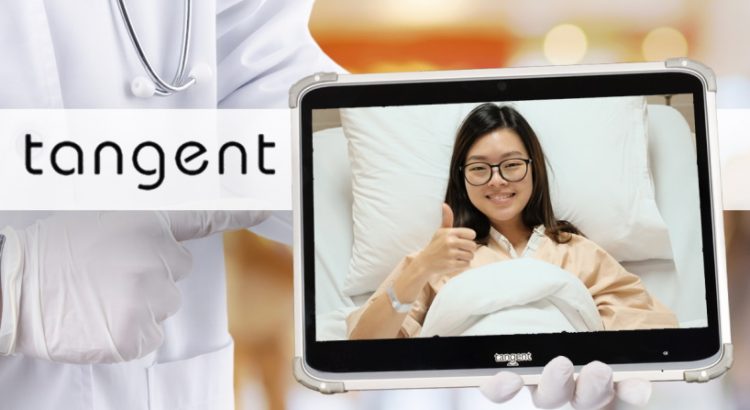
Medical Computers For Emergency Use
As flu season approaches, crafting your hospital’s plan to deal with a potential influx of patients will be crucial to the wellbeing of your community. The combination of the ongoing pandemic and the encroaching flu season, as well as a swelling fire season in the west may combine to cause an uneasy strain on your […]

Increasing Hospital Efficiency With Medical Computers
With each passing day, the uncertainty around the pandemic continues to grow. Cases in the U.S. are rising after a brief period of falling. This new rise coincides with the start of the flu season, and this double-virus situation has the potential to strain hospital’s resources around the country. Preparing for this possibility is vital […]
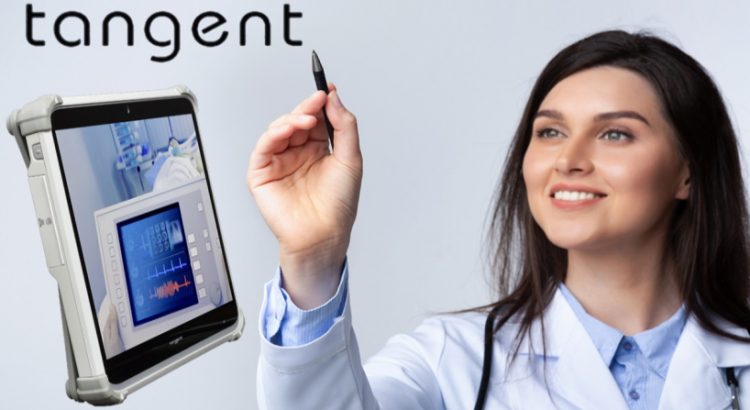
Are Pandemic Waivers For Telehealth Still In Effect?
Near the beginning of this pandemic, bold actions by the federal government, health insurance companies, and hospitals led to loosening restrictions and greater access to telehealth services. What transpired was a new telehealth ecosystem that saw dramatic increases in the use of medical computers by doctors to have virtual appointments with patients. The rise in […]
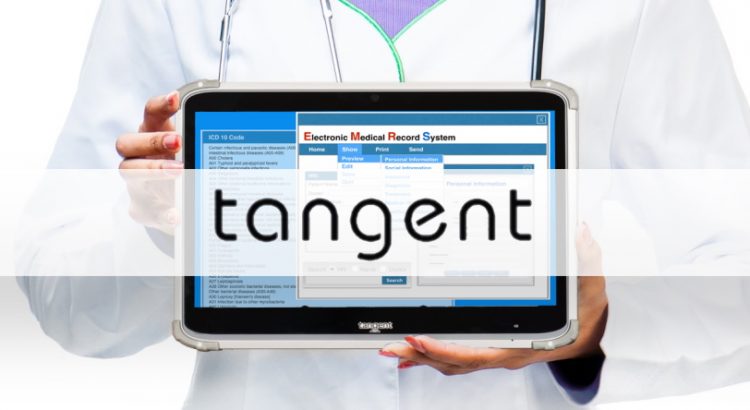
Medical Grade Computers Built For Quality Care Telemedicine
Telehealth has become a lifeline for doctors and patients seeking to establish some sense of normality during these trying times. While telehealth has been around long before the pandemic began, it’s use has skyrocketed. According to GlobalData, 79% of medical specialists said they were now using telemedicine in their hospital setting, setting a trend of […]

Good Sitting Posture At Your Medical Computer
As the pandemic continues on, your doctors are no doubt making more use of their medical computers for telehealth purposes. Loosening restrictions by the federal government have made implementing telehealth solutions in the hospital easier and safer than ever. But as a consequence of this, doctors are spending more time sitting down at their medical […]
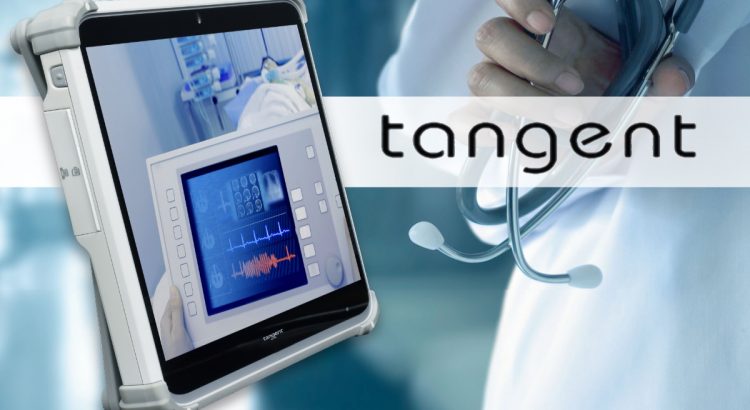
Can AI On Medical Grade Computes Make Diagnosis?
Medical computers have made hospitals a safer and more effective place for hospitals to help the patients they serve. But the revolutions made by medical computers in the hospital haven’t stopped at simply replacing paper based medical records. In fact, the possibilities that medical computers bring to the hospital have only just begun. Medical Computers […]
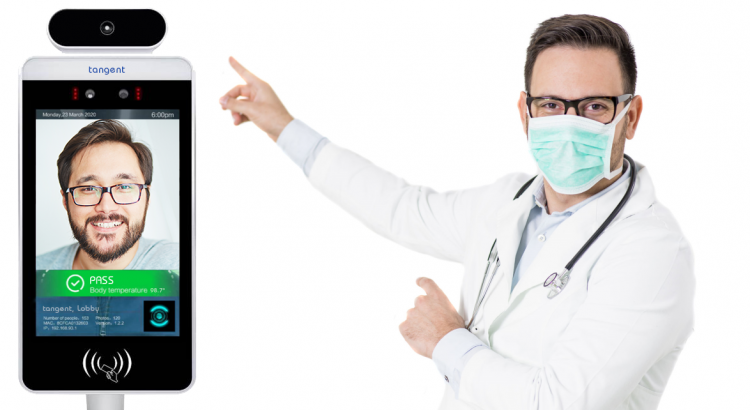
Infection Detection In The Hospital
Hospitals around the country are facing the potential risk of reaching ICU capacity. Miami-Dade county alone is seeing their hospitals at 146% capacity — a shocking figure. With this many infected persons in the hospital, the risk of infection becomes exponential to healthcare workers, traditional patients, and the community. This also presents a logistical problem: […]
